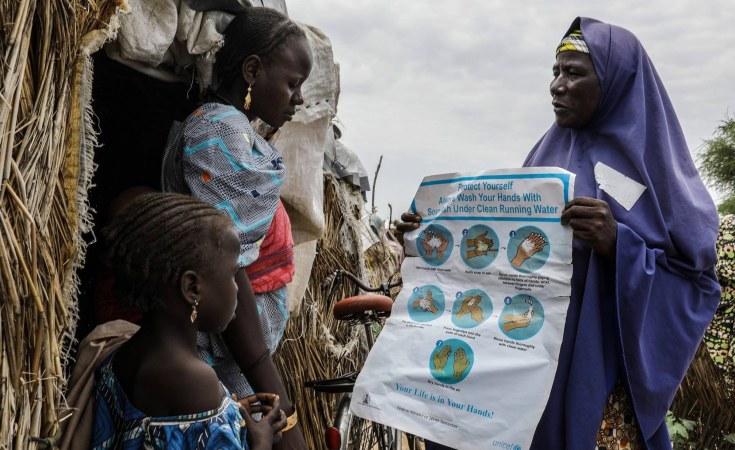Of the 113 cases recorded, Lagos accounted for 104, Ogun recorded seven and Katsina recorded one.
The Nigeria Centre for Disease Control (NCDC) has said the country has recorded 113 cases and seven deaths of cholera in one week, spanning between 17 and 23 June.
NCDC made this known in the cholera situation report for week 25 published on its website on Monday.
The recent report indicated that "three states (Lagos, Ogun, and Katsina) have reported cases of the disease, across 21 local government areas."
It further stated that of the 113 cases recorded, Lagos accounted for 104, Ogun recorded seven and Katsina recorded one.
Summary for 2024
According to the report, as of 23rd June, a total of 1,579 suspected cases were recorded with 54 deaths (CFR 3.4 per cent) reported from 32 states.
It revealed that Lagos, with 537 cases, accounts for 34 per cent of all suspected cases in the country.
It also indicated that of the suspected cases since the beginning of the year, age five are mostly affected, adding that the aggregates for both males and females are the same (50 per cent).
Cholera, response activities
Cholera is a water- and food-borne disease caused by the ingestion of Vibrio cholerae, typically through contaminated water and food.
The water is usually contaminated by the faeces of infected individuals, which can happen at the source, during transportation, or through storage at home.
Additionally, food can become contaminated by soiled hands during preparation or consumption, leading to the spread of the disease.
The symptoms of cholera include acute, profuse, painless watery diarrhoea.
NCDC noted that as part of its response activities included the distribution of medical supplies for case management, infection prevention and control, and laboratory to all medical centres nationwide.
Also, the agency said it has provided offsite and onsite support to states such as Lagos and Ogun and followed up for daily reporting and progress with response activities.
The agency said: "The agency also ensured ongoing sub-national level training of laboratory scientists on sample collection and analysis as well as training of community mobilisers on cholera key messages.
"Distribution of jingles, flyers, and posters containing key messages on cholera prevention to all states and Federal Capital Territory."


